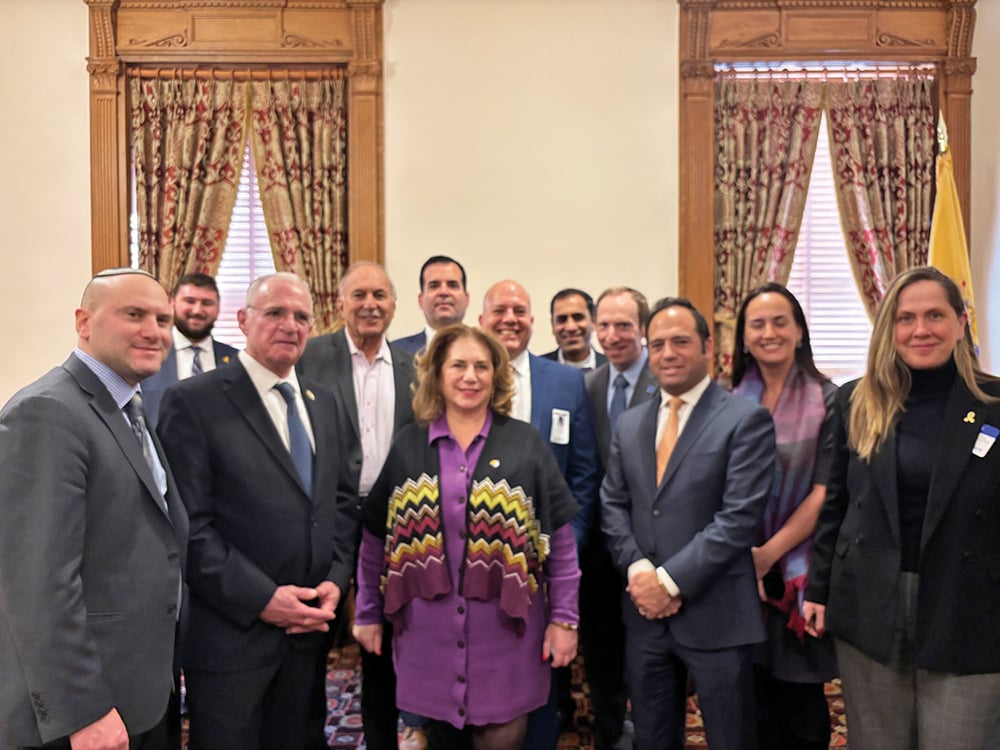She was a referral from the nurse.
When I walked into her dimly lit room on that Monday morning, I immediately noticed that she looked sad. Just so sad. The white blanket was pulled up to her waist. One arm had a cast and the other arm was exposed. Though her nails looked freshly manicured with bright red nail polish, her face had many wrinkles, and looked tired and worn out. She told me that she fell in her apartment. As it turned out, she had broken her hip and one arm. Her other arm had arthritis and had limited mobility. She wasn’t able to do anything for herself and hated feeling so dependent on others. Her husband had been home, on hospice, for the past month and had deteriorated tremendously over the past week. Only one out of her three children had been able to visit her in the hospital and she was getting increasingly despondent. She was lonely, needed several more surgeries and saw no light at the end of the tunnel. She was sad about her own physical state and was very worried about that of her husband.
After 30 minutes of unloading her sorrows, she told me that she felt a bit “lighter.” As she looked so tired, I told her I would return the next day if she would like. She was very grateful for that and thanked me for my time.
I returned to her room first thing the following day. She immediately shared that her husband passed away the previous night. Her son had come to the hospital to break the news. My heart sank.
I pulled up a chair alongside the bed. “I don’t want to be a widow,” she cried. “I don’t want to be in that club. My husband was such a good man—why did this happen to him? I didn’t even have a chance to say goodbye.” I knew that she really was not looking for me to answer her questions, per se. She just wanted to share her story and be heard. They had shared 57 years together. He was the most generous man she had ever met, she told me. She reflected on her marriage with tears in her eyes, both joyous occasions and challenges she had. She saw in my face that I was focused and intently listening to her.
She reached out for my hand and just wanted to hold it. I had to make a conscious effort to hold back from speaking. I was quiet. It was so hard not to offer any words, but I knew it was not the right time. She needed to feel comfortable and have a safe space to express all of her pain. There was nothing I could do or say to fix this, nothing to make this pain go away.
The only thing I could do was to just be. Just be there with her in the depths of her pain. Just be there for her to unload her sad feelings. Just be there for her to express her anger toward God, without defending God’s ways. Just be there to sit by her side and hold her hand, without saying a word. And so we sat together, much of the time in silence.
After about 15 minutes she thanked me for coming to her room and asked me to return again tomorrow. “Of course,” I replied. I was left feeling incredibly depleted as I left the room. I needed a short break to clear my head before I visited my next patient.
We have always learned “it’s not what you say but how you say it” which makes a difference. While that is true for so many things in life, it does not apply for certain situations. Sometimes what’s important is learning how to be comfortable in the uncomfortableness. It is learning how to say nothing and to just be.
Debby Pfeiffer is a board-certified chaplain working at Morristown Medical Center through its affiliation with the Jewish Federation of Greater Metrowest, NJ. She resides in Bergenfield with her husband and children. She can be reached at [email protected].









